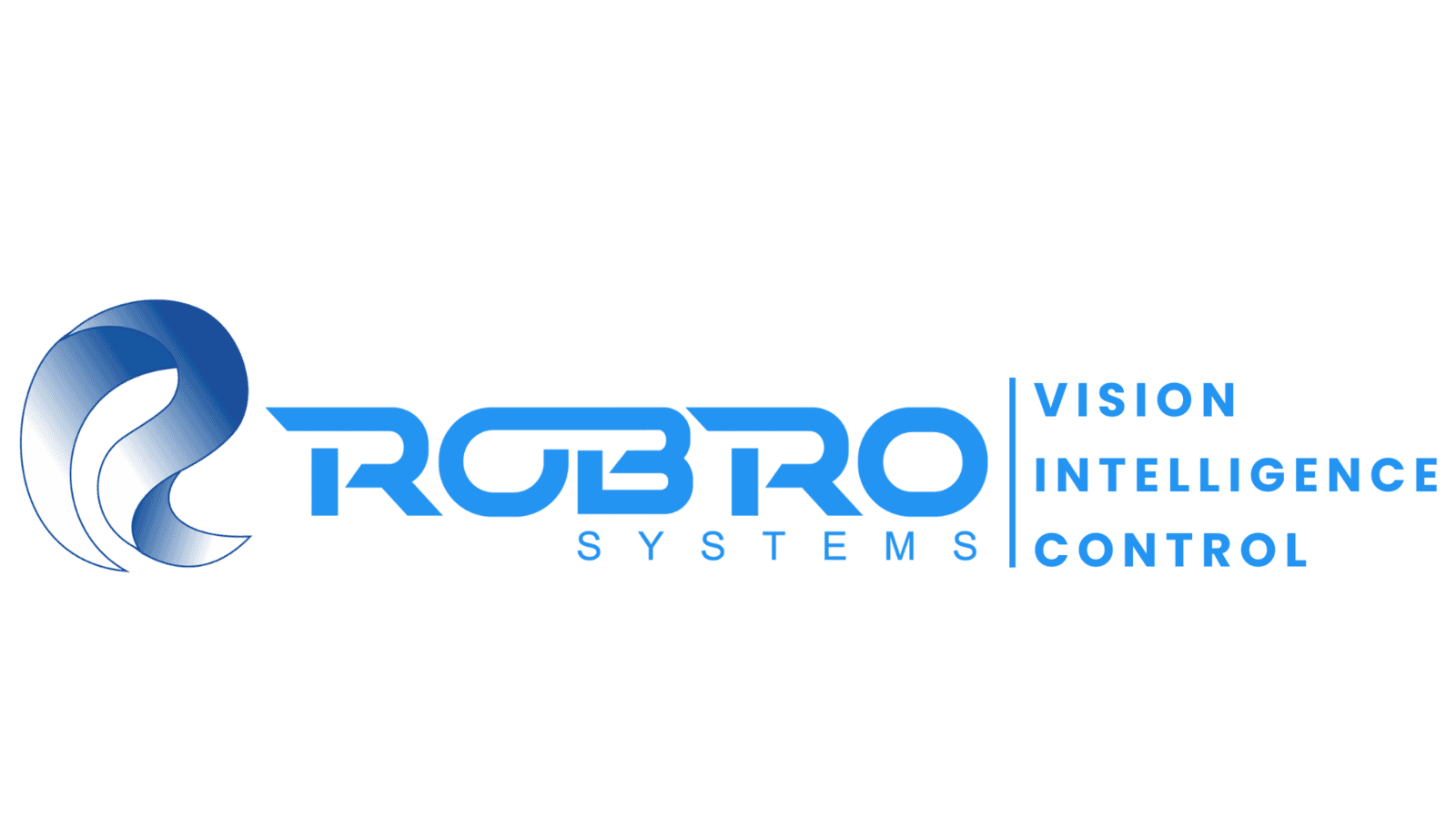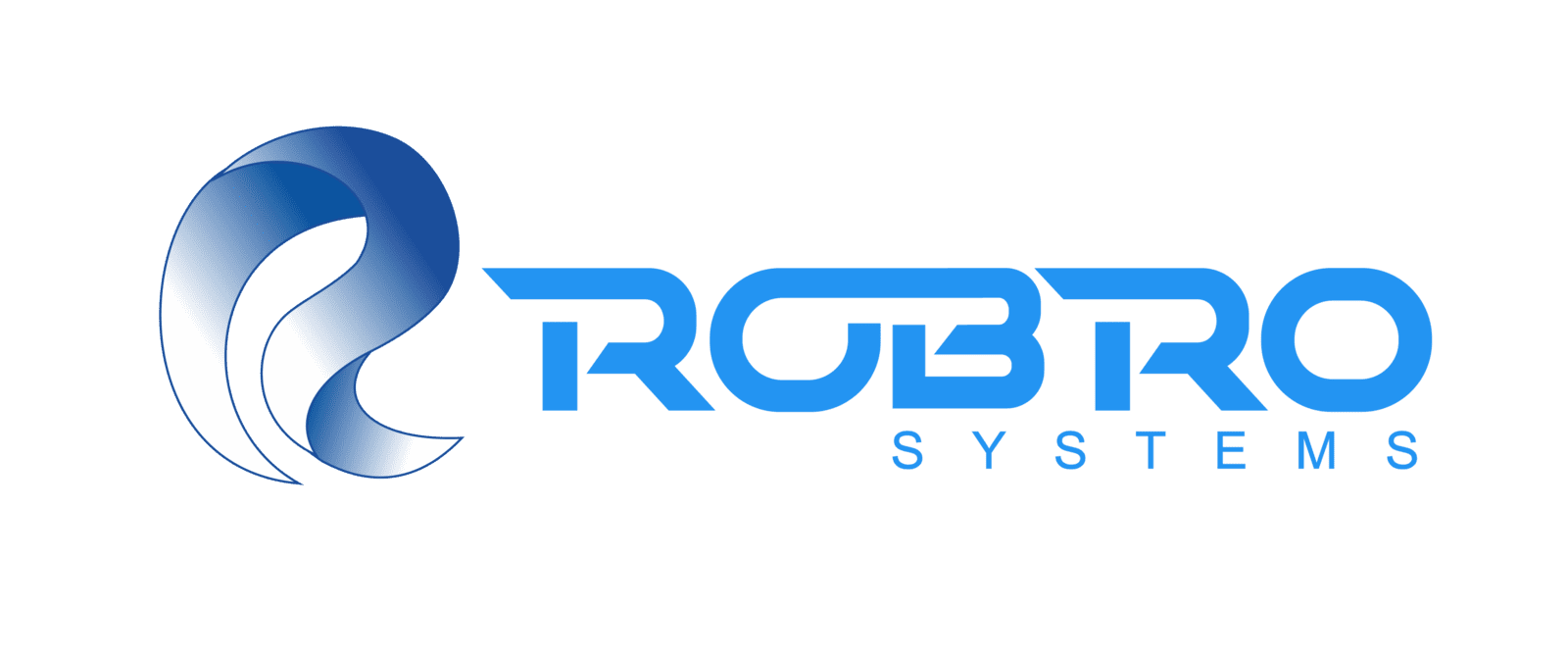
Technical textiles have become a fundamental part of various industries, offering specialized functionalities beyond conventional textiles. These textiles are engineered with advanced materials and manufacturing processes to provide durability, resistance, and enhanced performance across medical, automotive, agriculture, construction, and defense applications. Unlike traditional fabrics, which prioritize aesthetics and comfort, technical textiles focus on functional attributes like moisture resistance, flame retardancy, tensile strength, and thermal insulation.
With industries demanding higher precision, machine vision, and AI-powered inspection have transformed textile manufacturing by ensuring superior quality control and defect detection. Robro Systems, a leader in AI-driven textile inspection, is at the forefront of this revolution, ensuring that high-performance textiles meet stringent quality standards.
What is Technical Textile?
Technical textiles refer to engineered fabrics designed for industrial, functional, and performance-based applications rather than conventional apparel or home furnishings. They are manufactured using high-performance fibers like carbon, aramid, polyester, and polyamide to ensure specific properties such as strength, flexibility, heat resistance, and chemical protection.
Unlike standard textiles, technical textiles are built for endurance and specialized performance, making them ideal for industries requiring precision, reliability, and sustainability. The demand for these textiles has been increasing rapidly, with the global technical textile market projected to reach $250 billion by 2027, driven by advancements in material science, automation, and AI-based inspection systems.
Types of Technical Textile
Technical textiles are classified based on their usage and performance characteristics:
Agrotech – Agricultural textiles used in farming, including shade nets, crop covers, and mulch mats, improving crop yield and protection.
Buildtech – Construction textiles like roofing membranes, scaffolding nets, and concrete reinforcement fabrics, enhancing durability and insulation.
Clothtech – Textiles in apparel manufacturing, such as interlinings, shoe fabrics, and protective linings, improve garment longevity and performance.
Geotech – Fabrics for civil engineering applications like geogrids, drainage fabrics, and erosion control materials used in road stabilization and soil reinforcement.
Hometech – Textiles for home applications such as upholstery, curtains, mattresses, and carpets, offering improved aesthetics and durability.
Indutech – Industrial textiles used in conveyor belts, filtration fabrics, and protective wear, ensuring high strength and resistance in manufacturing.
Meditech – Medical textiles, including surgical gowns, wound dressings, and implantable fabrics, enhancing hygiene, safety, and patient care.
Mobiltech – Automotive textiles are used in seat belts, airbags, interior fabrics, and soundproofing materials to ensure vehicle safety and comfort.
Oekotech – Environmental textiles like oil spill control mats, filtration fabrics, and waste management materials contribute to eco-friendly solutions.
Packtech – Packaging textiles such as flexible sacks, industrial bags, and protective covers, ensuring durability and moisture resistance.
Protech – Protective textiles used in fire-resistant suits, bulletproof vests, and high-visibility clothing, offering safety in hazardous conditions.
Sporttech – High-performance sports textiles like moisture-wicking fabrics, artificial turf, and parachutes designed for flexibility, breathability, and endurance.
Robro Systems' Innovation for Technical Textile
- AI-powered defect detection ensures 99.9% accuracy in textile inspection, identifying minute fabric defects in real time.
Seamless integration with existing textile manufacturing lines allows for automated quality control, reducing human dependency.
Smart deep-learning algorithms continuously improve inspection accuracy by learning from previous defect patterns.
Real-time monitoring enables instant detection of yarn breakages, contamination, uneven coating, and surface irregularities.
Minimizing waste by identifying fabric defects early, leading to cost savings and increased production efficiency.
Enhanced defect classification using AI-driven pattern recognition, ensuring higher-quality textiles for critical automotive, medical, and defense applications.
User-friendly interface and analytics dashboard allow manufacturers to track defect trends and optimize production processes.
Uses of Technical Textiles
Technical textiles have an extensive range of applications across industries, offering unique functional benefits:
1) Aerospace – Lightweight and heat-resistant materials used in aircraft interiors, fireproof insulation, and composite panels.
2) Medical—Critical applications like wound dressings, implantable materials, and hygiene products ensure infection control and patient safety.
3) Automotive – Durable and impact-resistant fabrics used in seat belts, airbags, and noise-reducing interior textiles.
4) Construction – High-strength geotextiles are used in road reinforcement, drainage solutions, and earthquake-resistant structures.
5) Defense & Security—Protective fabrics for ballistic vests, fireproof uniforms, and camouflage materials ensure safety in extreme conditions.
6) Sportswear – Performance-enhancing textiles with breathability, moisture-wicking, and temperature regulation for athletic wear.
7) Environmental Protection – Sustainable textiles for water filtration, oil spill containment, and eco-friendly waste management.
Technical textiles continue to bridge the gap between traditional fabric production and high-tech functionality, revolutionizing industries and ensuring safety, durability, and efficiency in critical applications.
Conclusion
The evolution of technical textiles has led to groundbreaking advancements across multiple industries, offering superior performance, durability, and specialized functionalities. As the demand for high-precision and defect-free textiles continues to rise, AI-driven textile inspection is crucial in maintaining industry standards.
Robro Systems, with its state-of-the-art vision inspection systems, ensures that technical textiles meet the highest quality benchmarks with unmatched accuracy and efficiency. Manufacturers can enhance productivity, reduce waste, and maintain superior fabric quality by integrating AI-powered defect detection, real-time monitoring, and adaptive learning algorithms.
With continuous technological advancements, the future of technical textiles looks promising, paving the way for more innovative, efficient, and sustainable fabric solutions.


